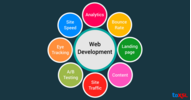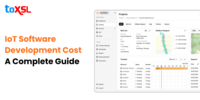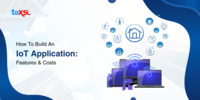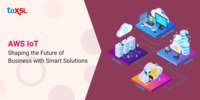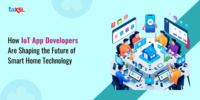- Aug 31, 2018
Share this post on:
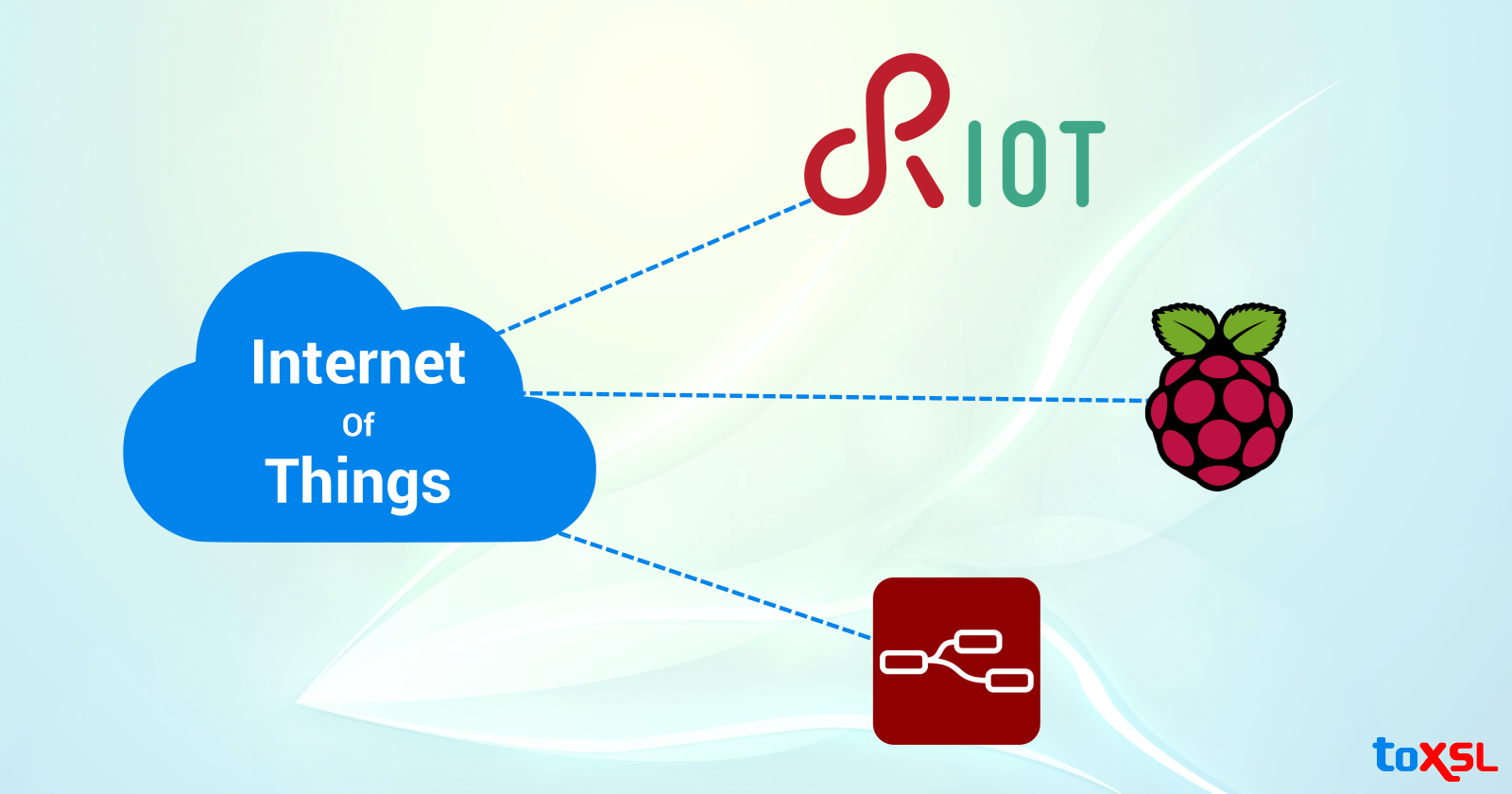
Most organizations over the globe have been attracted to the Internet of Things, which is commonly referred as IoT, and you would be astounded to realize that many have begun making IoT-based internal business units to reduce work and set up a smart, connected environment. With that in mind, IoT platforms are suites of components responsible for the deployment of applications that monitor and control connected devices. Generally, they gather information from connected devices keeping in mind the end goal to manage them so it makes sensible use of data in an aligned manner.
With the skyrocketing popularity of IoT, the ongoing business sector has been overflowed with IoT platforms. As we know, to develop an IoT solution, a platform to host and support is required. Here are some open source IoT platforms and tools that ideally will assist you with innovating, inspire you to create, or at the very least, make you consider the possible outcomes of the IoT. We have listed the top Internet of Things platforms that are picking up fame.
- Raspberry PI: The Raspberry PI is a pocket-sized PC that can plug into a video display, keyboard, and a mouse; along with extra interface strategies. It can be customized in different languages, such as Python, connect to the web, and run applications. The association backing Raspberry PI has a social mission of propelling computer education among kids and underserved. The Raspberry PI might be an awesome platform as a blank slate for building the next revolutionary or disruptive application or IoT enabled device.
-
Node-RED: Node-RED is a visual instrument based on Java that sets the parameters for connecting hardware devices, services, and APIs together. For those individuals comfortable with Microsoft's Visio tool or other flowcharting, diagramming or algorithm visualization strategies, envision a Visio-type tool that enables you to drag and drop modules to create functionality, complete with a built-in library of functions, templates, and workflows.
-
RIOT: RIOT is an operating system designed particularly to use the IoT by providing necessary functionality under a low impression, and utilizing existing principles, for example, POSIX and Linux. While mobile and portable devices can run Android or other Google-provided products or they can interface with Apple's iOS, RIOT intends to be a truly open source platform. If Google's Android is UNIX, RIOT wants to be Linux.
-
Freeboard: Freeboard is an IoT aware dashboard platform that is free to start developing with, and cheap to grow. It is the dashboard tool that enables these IoT applications to be immediately created and deployed. It is a great example of the human-device interface, connecting the IoT with us.
At last, the IoT app development is tied in with creating experiences, and the UI is critical to the user experience. Open source will be a vital power in the internet of things. Numerous devices as of now run open source operating systems, for example, Linux and Android, and pairing these device platforms with an open source IoT platform for device management, security and analytics offer common collaborations. Visibility into the deep code, the development activity, and guide, and security features can give bits of knowledge that will enhance your decision-making power.





